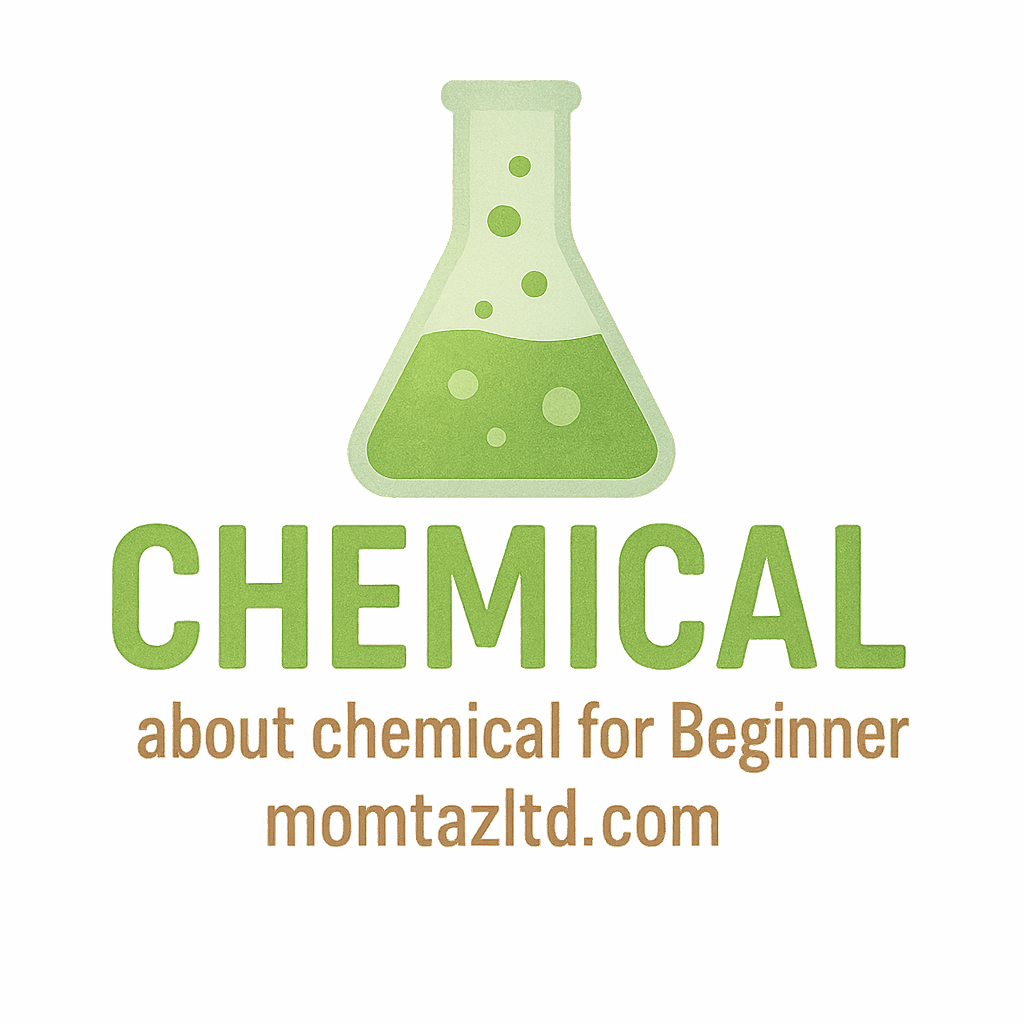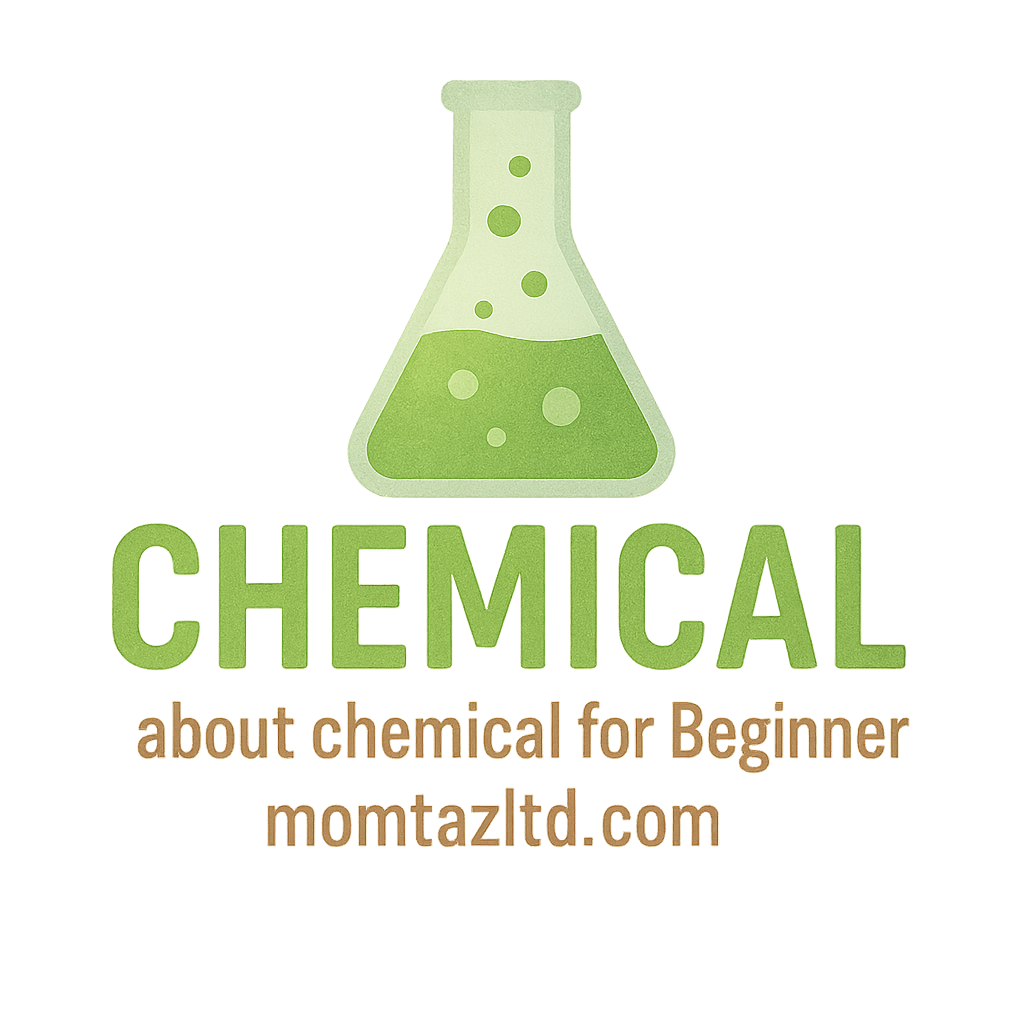Introduction: Why Chemistry Basics Matter
When you first crack open a chemistry book as a beginner, it might feel overwhelming—strange symbols, tricky formulas, and lots of “why does this happen?” questions. But here’s the truth: learning chemical for beginner is like learning the alphabet before writing essays. Without the basics, advanced studies in science, engineering, or medicine become a struggle. Starting small helps you build the foundation you need to succeed in higher education.
1. Building a Strong Foundation in Chemistry
Understanding Core Concepts Early
Think of chemistry as a house. You can’t build the roof without a solid base. Beginner chemistry introduces you to atoms, molecules, and reactions—the bricks of scientific knowledge. Without these, higher-level courses like laboratory chemicals and organic chemistry would feel impossible.
How Basics Create Academic Confidence
Confidence in academics comes from clarity. When you understand why water is H₂O or why salt dissolves, you gain the courage to tackle harder concepts later. Beginner-level chemistry keeps you from feeling lost when topics escalate.
2. Improving Problem-Solving Skills
Applying Logic Through Chemical Reactions
Every reaction tells a story. When you balance equations or predict products, you’re practicing logical reasoning. This skill goes beyond science—it sharpens your ability to solve real-life challenges.
Critical Thinking for Science and Beyond
Higher studies demand critical thinking. Whether in industrial chemicals or biology, chemistry teaches you to analyze, question, and test hypotheses.
3. Learning Chemical Terminology
Mastering Vocabulary for Advanced Studies
Words like “molecule,” “compound,” and “oxidation” might sound intimidating at first. But beginner chemistry introduces these gradually, preparing you to understand dense textbooks in the future. See more about common chemical terms.
Communicating Like a Scientist
Clear communication is essential in science. By learning the right terms, you’ll sound like a professional—whether writing lab reports or collaborating with chemical scientists.
4. Exploring Laboratory Skills
Introduction to Lab Experiments
Basic chemistry often starts with simple lab experiments like mixing vinegar and baking soda. These aren’t just fun—they train you in observation, precision, and patience.
Safety Practices That Carry Over
From goggles to gloves, safety starts at beginner level. These habits prevent chemical accidents and prepare you for advanced labs where risks are higher.
5. Developing Research Skills
Collecting and Analyzing Data
Chemistry beginners quickly learn how to measure, record, and compare results. This practice is a preview of higher-level research methods.
Learning to Document Results
Writing down findings is just as important as experiments themselves. Keeping lab notes prepares you for academic publishing and even professional chemical careers.

6. Understanding Chemical Safety
Awareness of Household and Industrial Chemicals
From detergents to paints, chemicals surround us daily. Beginner chemistry teaches you to identify and use household chemicals safely.
Preventing Chemical Accidents
Knowledge of chemical safety helps avoid mistakes in both homes and labs. You’ll learn to respect substances and prevent harmful incidents.
7. Applying Chemistry in Daily Life
Household Chemistry Applications
Have you ever wondered why baking soda helps cakes rise? Or why vinegar cleans stains? Beginner chemistry connects these everyday mysteries to science. Check more home tips here.
Seeing the World Through a Scientific Lens
Suddenly, the rust on a bicycle or the fizz in soda isn’t random—it’s chemistry at work. This perspective makes learning enjoyable and practical.
8. Preparing for Advanced Chemical Studies
From Beginner to Laboratory Chemicals
Understanding beginner reactions helps you step confidently into advanced areas like laboratory chemicals where precision matters more.
Linking Basics to Industrial Learning
Basic knowledge also supports industrial learning, where large-scale reactions drive industries worldwide.
9. Opening Career Pathways
Chemistry as a Career Choice
Starting with beginner chemistry could spark interest in becoming a chemical engineer, pharmacist, or researcher. Learn more about chemical careers.
Skills Valued by Chemical Scientists
Analytical skills, safety awareness, and research habits are exactly what chemical scientists look for in future professionals.
10. Boosting Interdisciplinary Understanding
Chemistry’s Connection to Physics and Biology
Chemistry acts as a bridge. It explains why cells function (biology) and why matter behaves (physics). Without it, higher studies in both fields feel incomplete.
Real-Life Applications in Engineering & Medicine
From drug discovery to material design, chemistry fuels innovation. Beginner-level lessons prepare you for solving real-world challenges in health and technology.
Conclusion: Why Starting with Basics Matters
Beginner chemistry isn’t just about memorizing formulas—it’s about building curiosity, discipline, and skills that prepare you for the academic challenges ahead. Whether you’re looking into beginner chemistry for fun or planning to pursue advanced studies, remember: these early lessons are your stepping stones to success.
FAQs
1. Why is beginner chemistry important for higher studies?
Because it introduces core concepts, lab skills, and safety practices that are essential in advanced fields.
2. How does chemistry help with daily life?
It explains everyday things like cleaning, cooking, and even health.
3. Do I need lab work to understand beginner chemistry?
Not always, but even simple lab experiments make learning more engaging.
4. Can learning beginner chemistry open job opportunities?
Yes! It’s the first step toward careers in industrial chemicals, pharmaceuticals, and research.
5. What’s the role of safety in chemistry learning?
Practicing chemical safety early ensures responsible handling of substances later.
6. Is chemistry connected to other sciences?
Absolutely—it’s the bridge between biology, physics, and even engineering.
7. Where can I learn more about beginner chemistry?
You can explore resources like Momtaz Ltd or dive into their chemical basics section.


